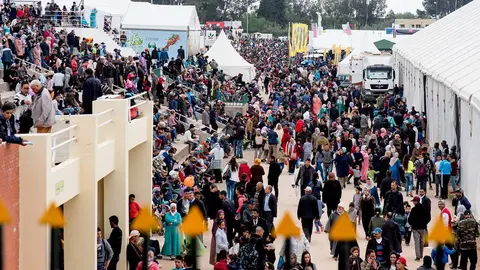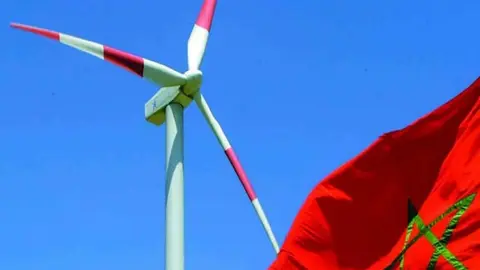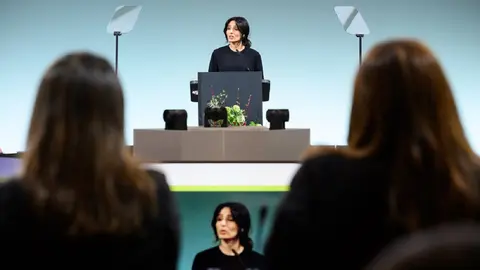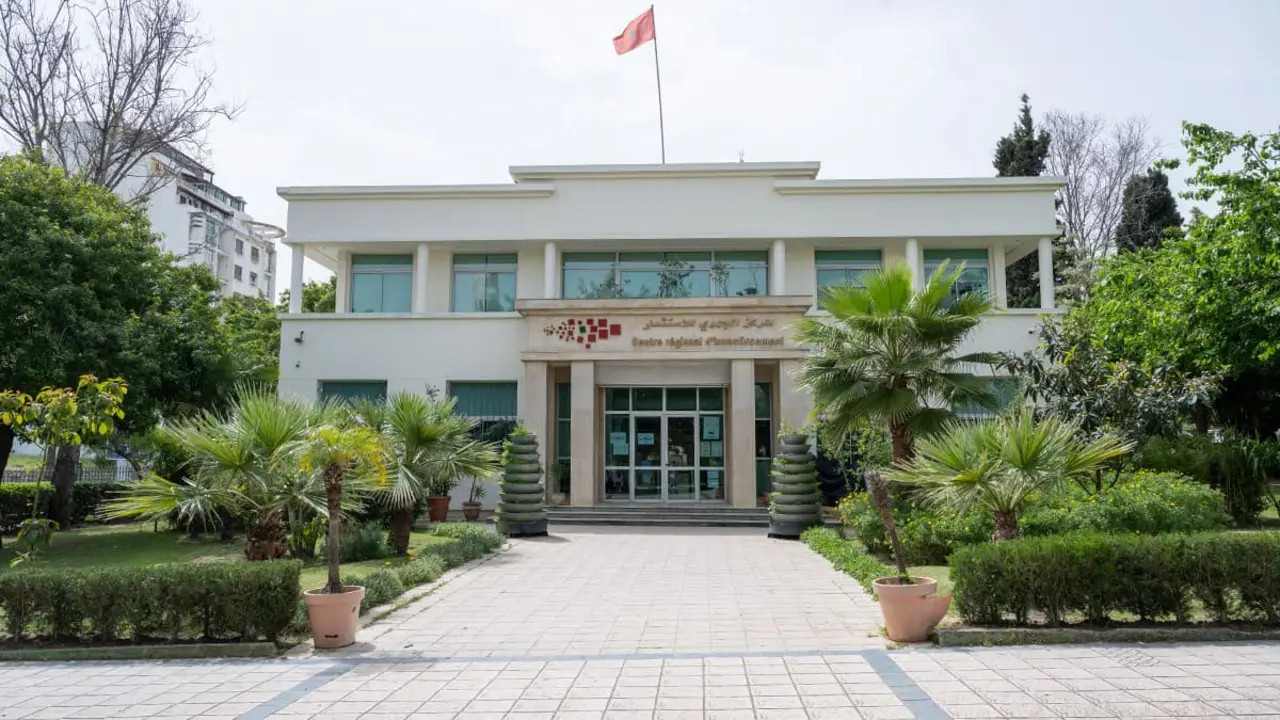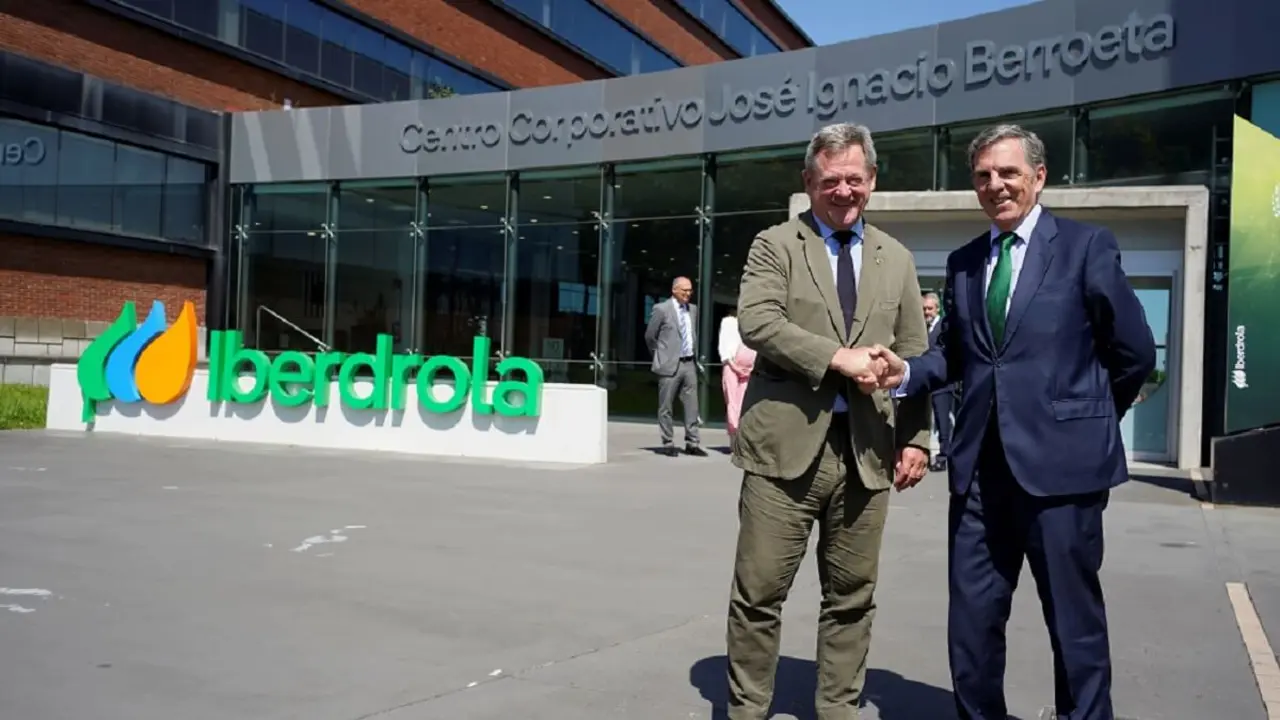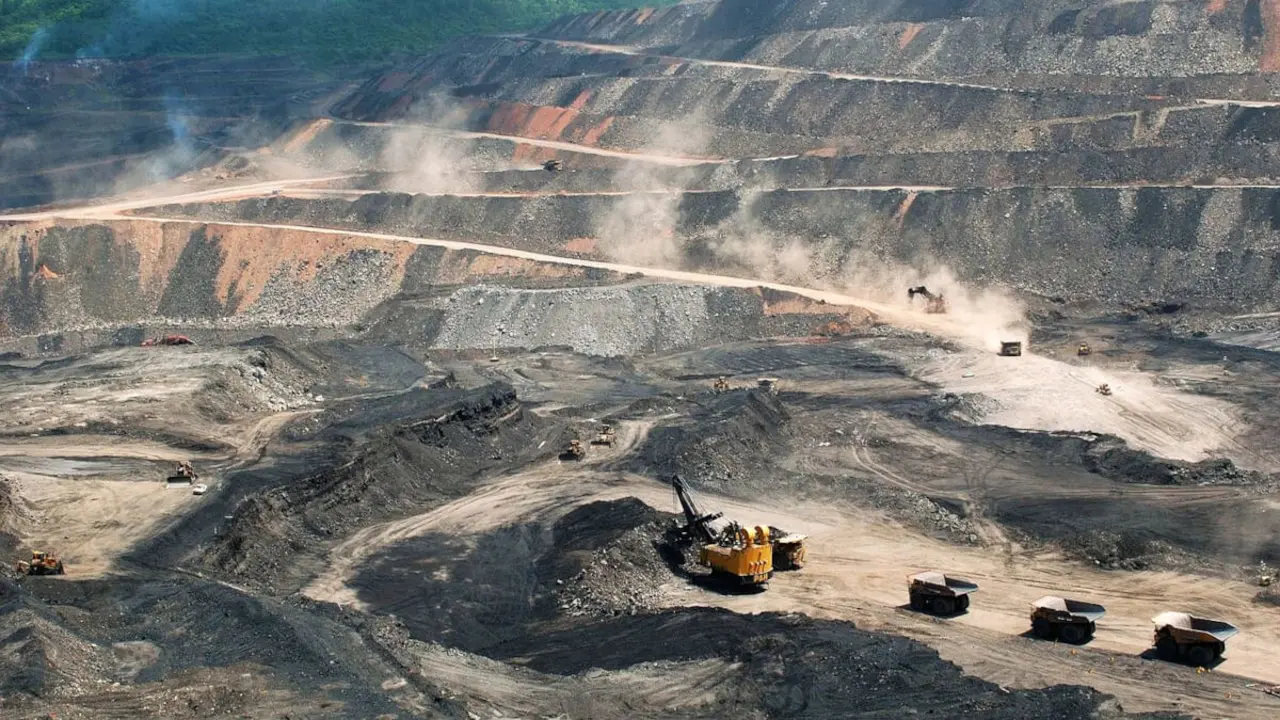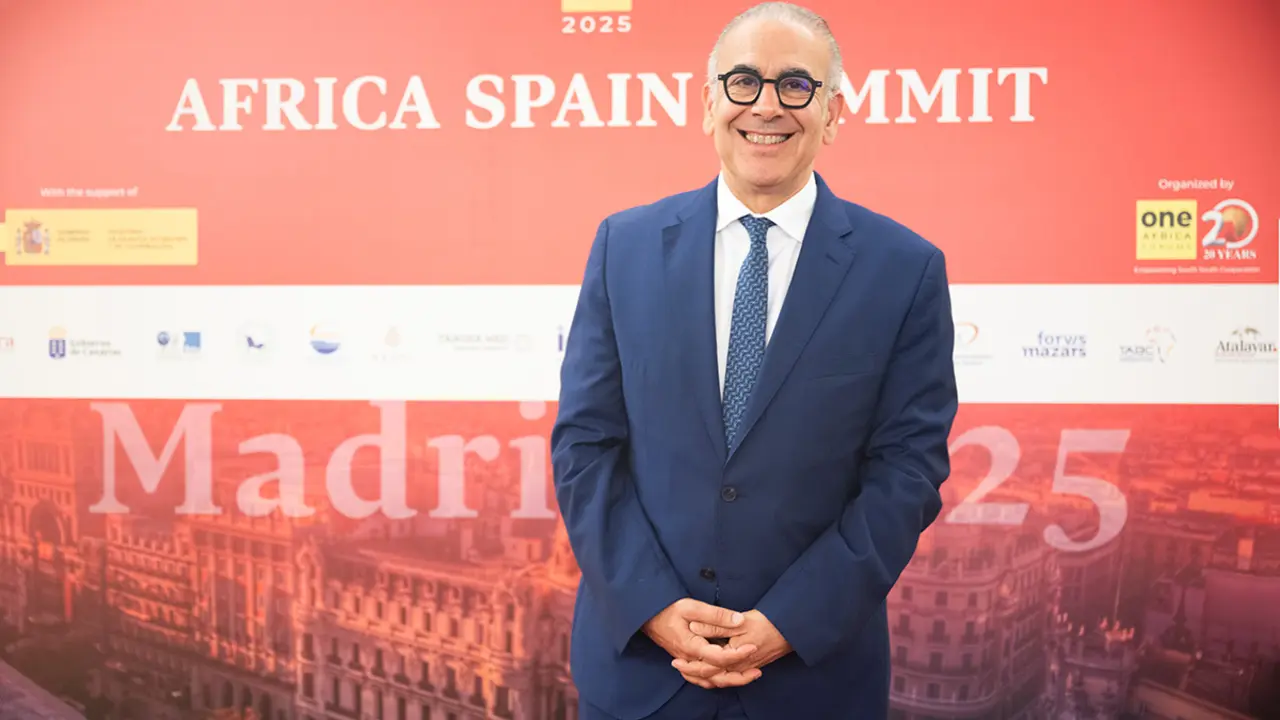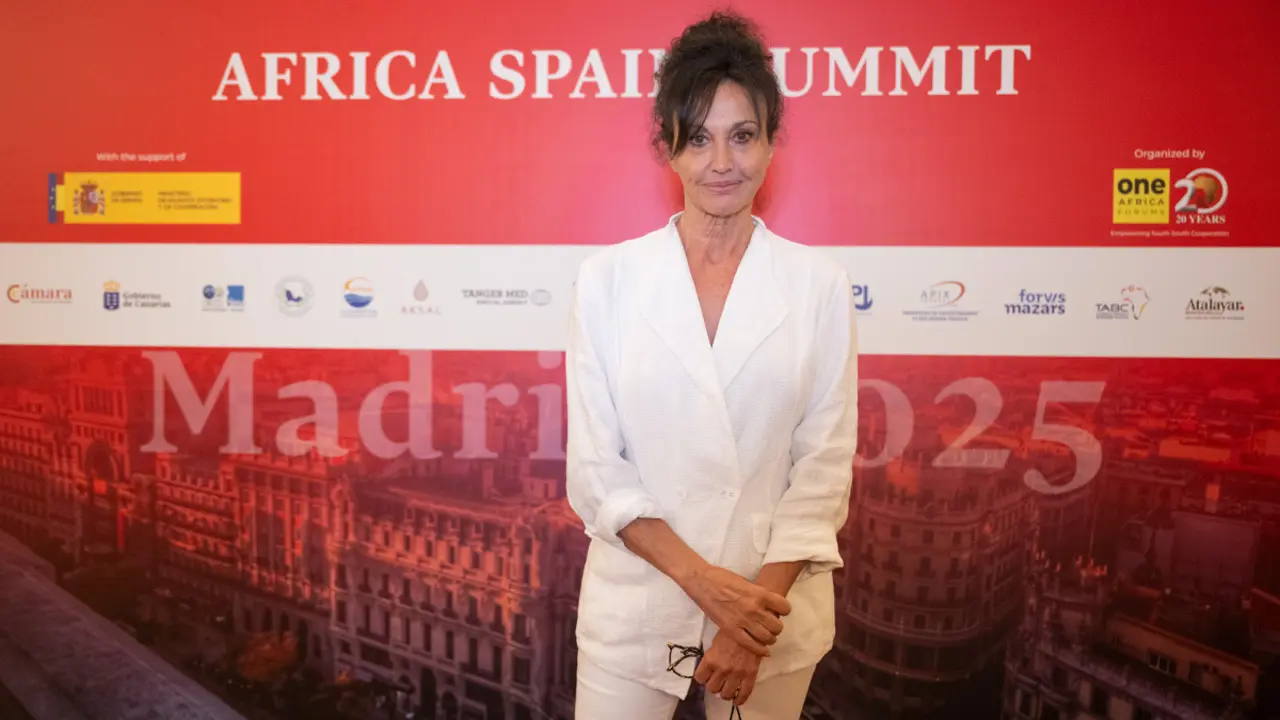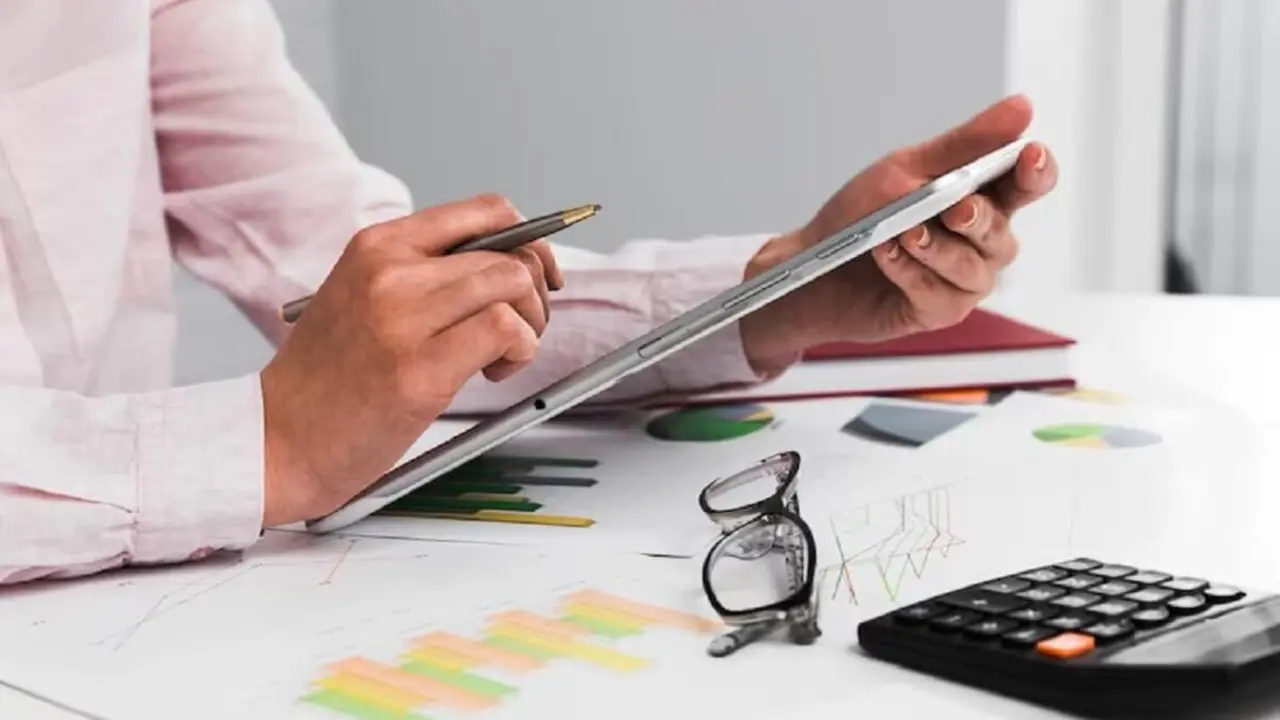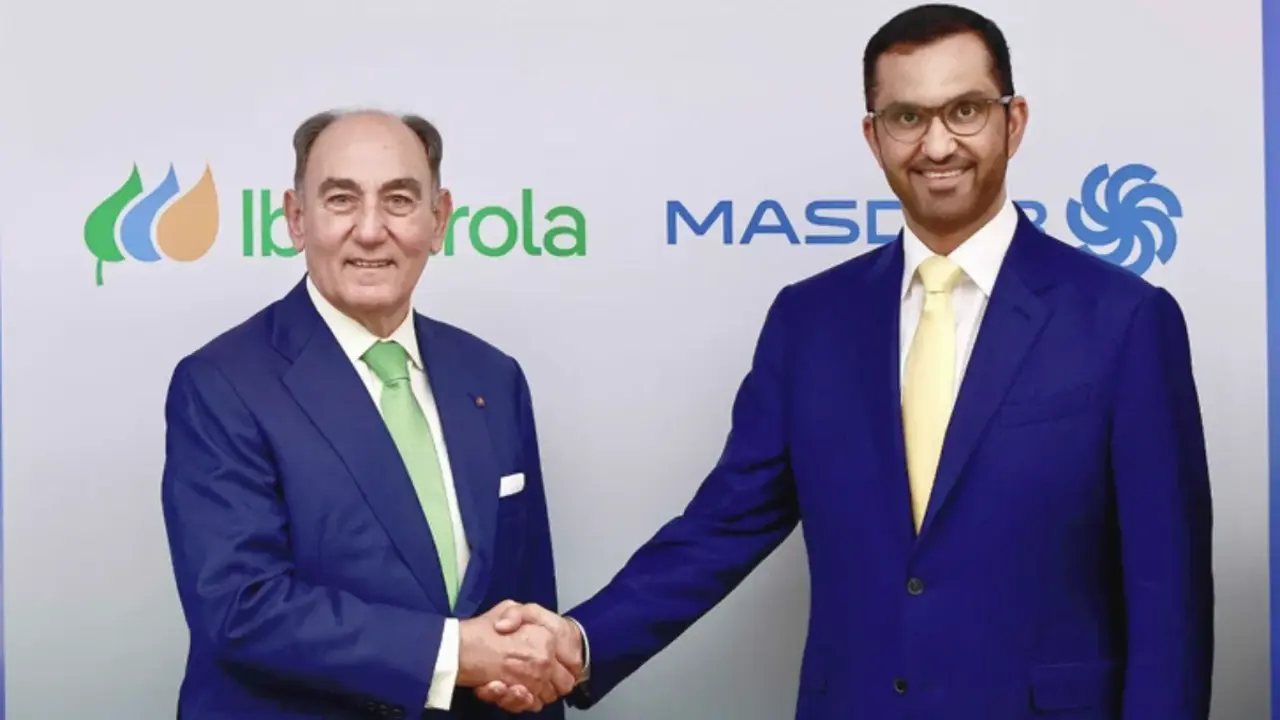Morocco and the European Union committed to a "just transition" to a green economy
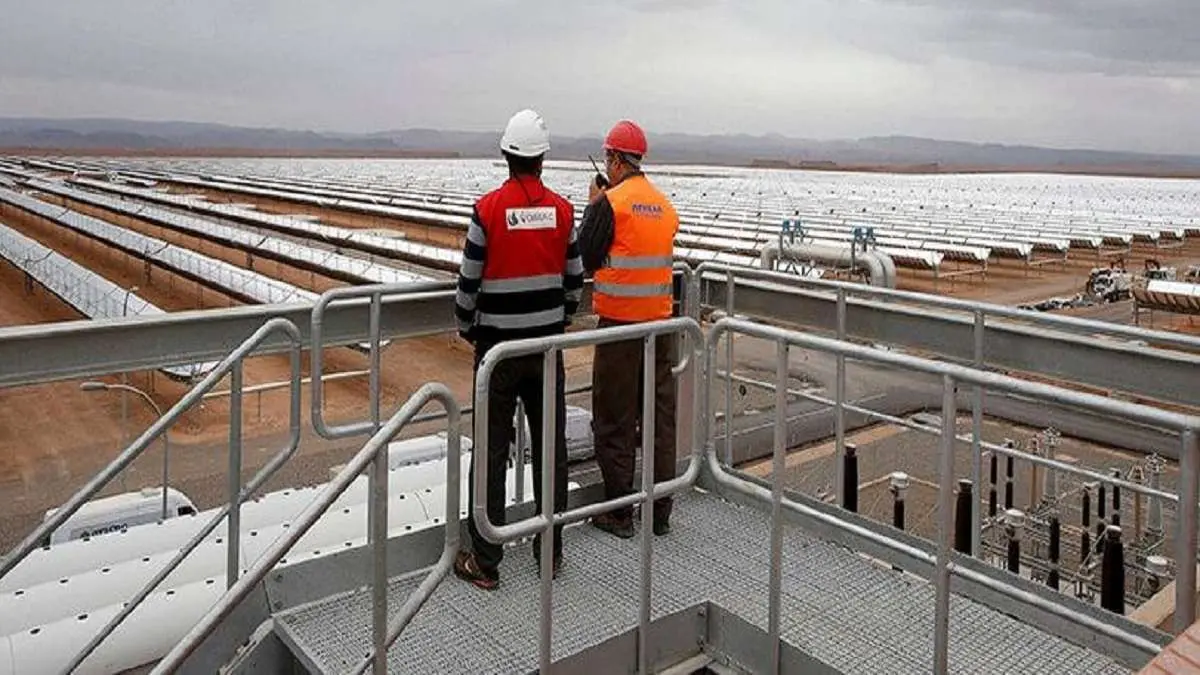
Thanks to support from the European Union, Morocco is taking a significant step towards a greener future through the launch of a new project aimed at supporting the Kingdom's "just transition" to a low-carbon economy.
- EU highlights Morocco's efforts in the climate fight
- EU and Morocco consolidate their climate partnership
The initiative, entitled "Just Transition: economic incentives for successful climate policy and NDC implementation", was recently inaugurated by the Moroccan Ministry of Economy and Finance and the Ministry of Energy Transition and Sustainable Development, as reported by Morocco World News.
This project, funded with more than 10 million euros from the German Federal Ministry for Economic Cooperation and Development (BMZ) and the European Union (EU), will help Morocco use economic instruments to update and implement its Nationally Determined Contribution (NDC), a Paris Agreement commitment to reduce greenhouse gas emissions.
EU highlights Morocco's efforts in the climate fight
Speaking at the launch ceremony, EU Ambassador to Morocco Patricia Llombart Cussac praised Morocco's "continued determination" to adopt a greener and more resilient economic model that recognises the realities of climate change.
In this regard, she stressed the importance of the project as it consolidates the partnership between Brussels and Rabat on climate issues, underlining their shared objective of decarbonising economies and accelerating the green transition amid increasing climate threats.
Llombart Cussac also provided more details on the EU's 50 million Euro "Green Energy" programme, which is part of its broader support to Morocco's climate objectives.
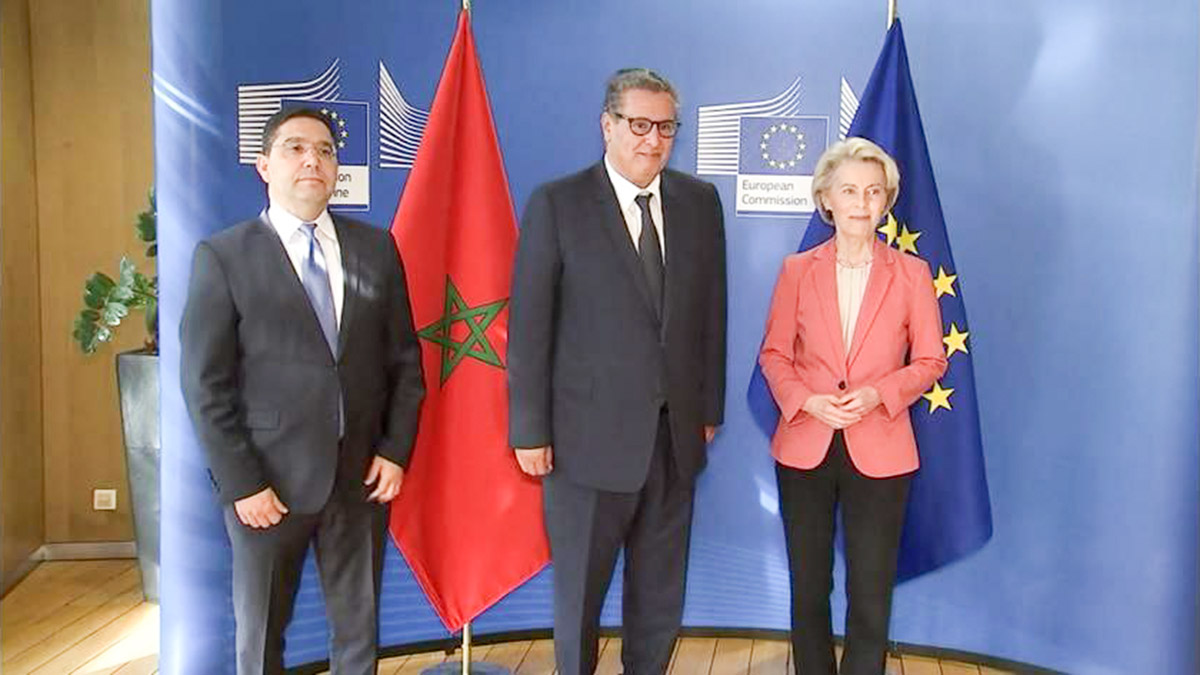
This programme will complement the project by facilitating a 'twinning' initiative between Morocco's National Energy Regulatory Authority (ANRE) and its European counterparts, as the ambassador explained.
For his part, the German ambassador, Robert Dölger, emphasised the project's approach, which aims to achieve a socially and economically equitable transition to address climate challenges.
"This project ensures that climate policies are fair, inclusive and offer opportunities for all," he said, also praising Morocco's remarkable efforts in the fight against climate change.
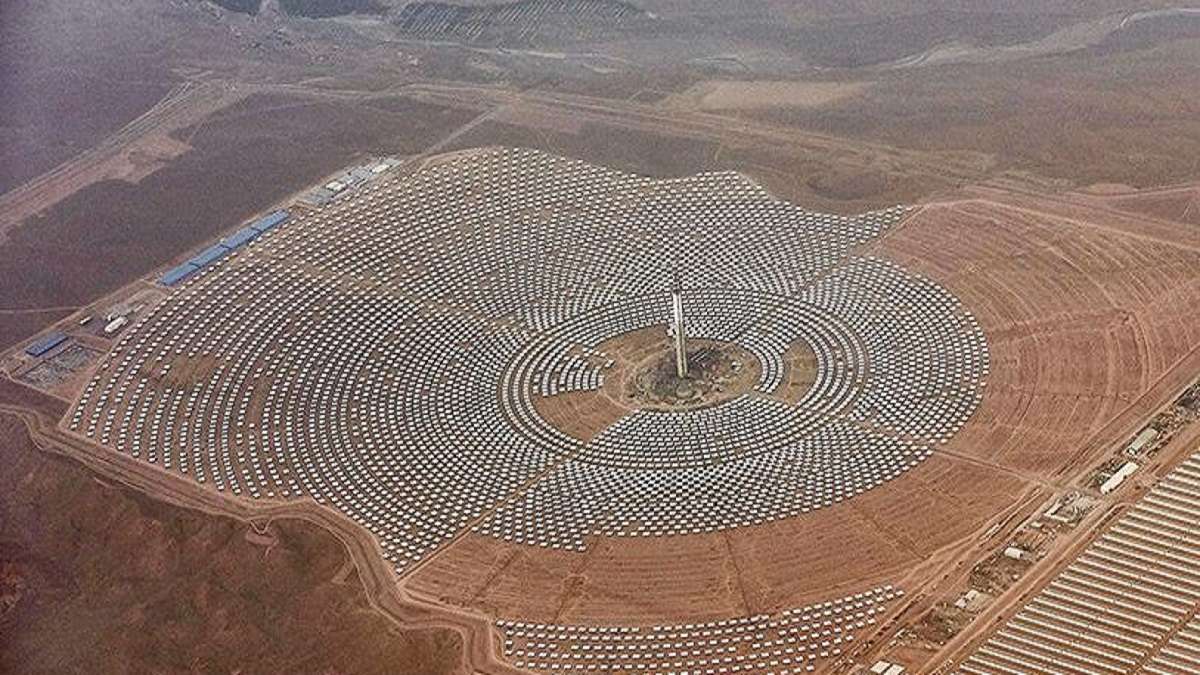
EU and Morocco consolidate their climate partnership
The project will specifically address the updating and implementation of Morocco's NDC in a socially responsible manner. It also aims to equip the private sector with the necessary tools to navigate the EU's Border Carbon Adjustment Mechanism (CBAM).
This initiative is also based on an inclusive approach, involving several Moroccan ministries and development partners such as the World Bank, the French Development Agency and the EU.
The ceremony at which the project was presented addressed two crucial themes that will underpin the future of the ecological transition. The first theme focused on "Just Transition" as a key pillar in the fight against climate change, where experts shared ideas on integrating social equity into climate initiatives.
The second theme, addressed by Moroccan and EU experts, highlighted the "challenges and opportunities of decarbonisation in the current crisis context".
Discussions also referred to the need to adapt decarbonisation strategies to the climate crisis, while identifying opportunities to accelerate the transition towards a more sustainable economy, particularly in the framework of the Morocco-EU Green Partnership.

